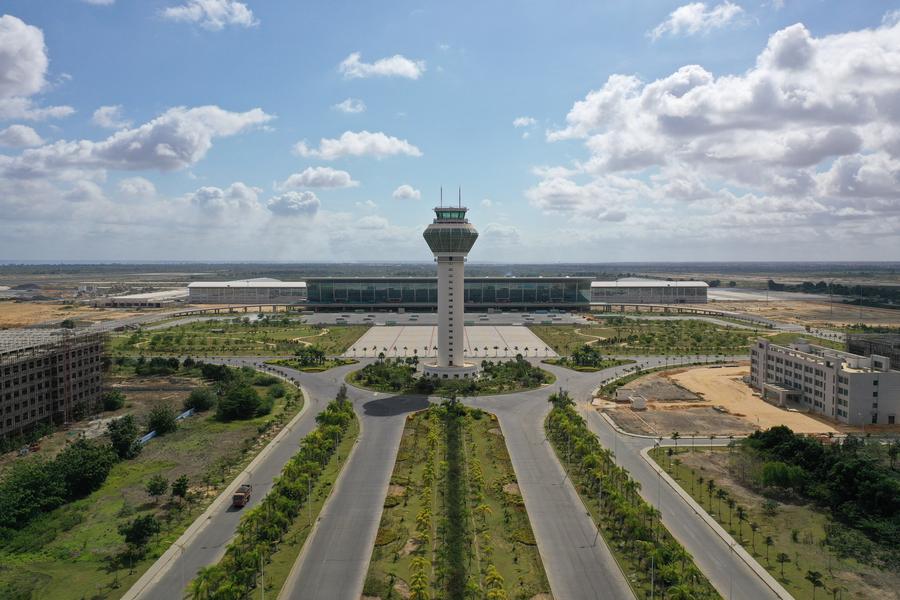China and Angola's decades-long friendship exemplifies strong ties between China and Africa


FOSTERING INDUSTRIAL DEVELOPMENT
After the talks on Friday, Xi and Lourenco jointly witnessed the signing of several bilateral cooperation documents regarding the Belt and Road cooperation plan, the economy and trade, agriculture, green development and other fields.
Tiago Quissua Armando, a scholar at Angola's Venancio de Moura Diplomacy Institute, sees the outcomes of the leaders' talks as addressing vital issues for Angola, such as economic diversification, industrial investment and agricultural modernization.
"President Lourenco's visit also includes a trip to Shandong, a Chinese province with significant experience in the agricultural sector. Angola can benefit from this experience to enhance its local industry," he said.
Last year, Shandong province signed a friendly cooperation agreement with Bengo province of Angola, committing to strengthening cooperation in agriculture, economy, trade and vocational education.
One of the flagship Shandong enterprises in Angola is the Sino-Ord Industrial Park. Since its establishment in 2019, the park has launched six industrial projects, with around 200 Chinese employees and approximately 1,700 local workers.
In June 2021, the Angolan president visited the industrial park and praised its role in boosting local employment, increasing tax revenue, and propelling Angola's industrialization and economic diversification efforts.
"Working with colleagues from China and other countries has broadened my horizons and made me realize that only through strengthening international cooperation can our country's development be more hopeful," said Joao Paulo, a senior external relations manager who has worked at the industrial park for many years.
In Luanda, the Fatima Furniture Factory of the Qingdao Yewhing Group has set an example in the local industry by providing employment opportunities for hundreds of families.
"Having the factory or local production not only provides the product but also creates jobs, allowing more Angolans to have a source of sustainability for their families. Now, everyone here dreams of becoming an excellent technician," said Wilson Manuel, a 30-year-old human resources manager at the furniture factory.
Today, products such as cabinets and wardrobes from the factory account for 40 percent of the domestic market in Angola, while the factory's sofa brand occupies a quarter of the market share.
Angola's Minister of Industry and Commerce Rui Miguens said China's industrial development has raised living standards. He noted that Angola hopes to learn from China's experience in industrialization and looks forward to more Chinese companies investing in Angola.
























